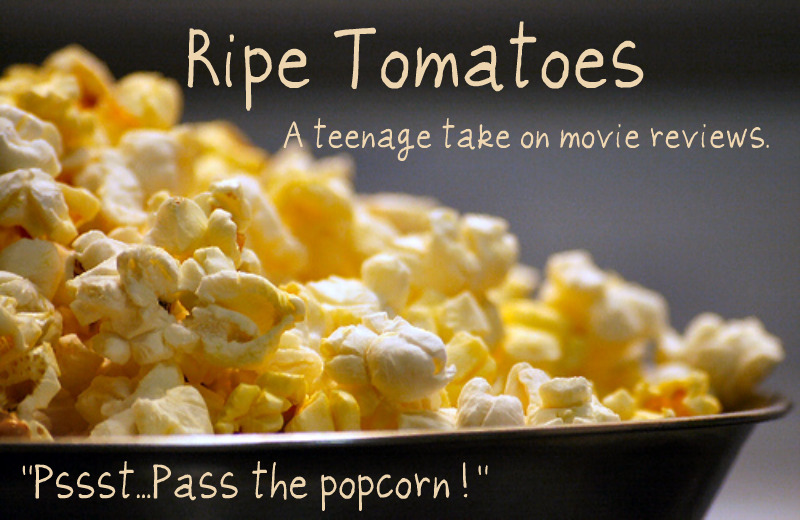The so-called “Indie music pioneers”, Death Cab for Cutie, released their latest album, Codes and Keys, on May 31st, 2011. The album was recorded in a plethora of places, among them being Los Angeles, San Francisco, and Vancouver, using Logic Pro software. The lead of the band, Benjamin Gibbard, said that Codes and Keys has “more life than the last record.” Why record a new album when you haven’t since 2002? Well, because they are awesome, that’s why. Death Cab, as fans call them, consists of four members: Jason McGerr on drums, Nick Harmer on bass, Chris Walla on guitar and piano (Walla also produces for DCFC), and the omni-talanted Benjamin Gibbard on vocals, drums, piano, guitar, and bass. Gibbard, Harmer, and Walla are the original members of the band (1997), while McGerr has been a member since early 2003. Gibbard began DCFC as a solo project, releasing a cassette tape under the title You Can Play These Songs with Chords. It was surprisingly successful, so Ben decided a band was in order. Thus Death Cab for Cutie was born.
Since 1997, the band has produced 5 eps, and 8 full length records. Codes and Keys is their most recent and was released on May 3st, 2011. The record is the seventh studio album. Many Death Cab fans state that the members are now incredibly happy. While the overall tone of the record is much more cheerful than their previous material, their supposed rainbow-and-unicorn outlook on life isn’t true. In an interview with 102.1 The Edge, Ben said that he thinks “that this record is reflective of a more balanced place” in his life, and he “doesn’t necessarily see this as being a happy record or something. It’s not a Prozac record or anything, but it has more life than the previous record.” He compares Codes and Keys to Narrow Stairs by saying that C&K is “much more emotionally even,” and there “are parts of very bright light” on the record.
As for the sound of the album, it was very much an experiment for the group. The record is different from the usual DCFC, but it remains consequently Death Cab. They have managed what so few bands are able to do when changing their sound, which is not losing sight of who they are. The album is engrossing, original and awe-inspiring. Unlike their previous material, the guitar appears way less as a big authoritative instrument in the songs, and more as a texture of sorts. Gibbards voice is used more often as an instrument than in previous records, showing off his incredible vocal talent. The album still has the harmony laden arpeggio parts that define the group, but the record has a “more harmonic and sonic foundation,” according to Walla in the 102.1 interview. The bands previous album, Narrow Stairs, is quite dark and has a very present level of self-loathing in Gibbards melancholic lyrics. The lyrical themes differ in this record, primarily because he (Gibbard) is now happily married to Zooey Deschanel. Another variation from previous albums is the lyrical and vocal contributions put in by Chris Walla, who usually tends to stick with producing and his piano playing.
All in all, the album is incredible. It is well-produced, well-performed, and is quintessential Death Cab for Cutie, but with a twist. Yes, it is different, but it is fresh, alive, and beautiful.

No comments:
Post a Comment